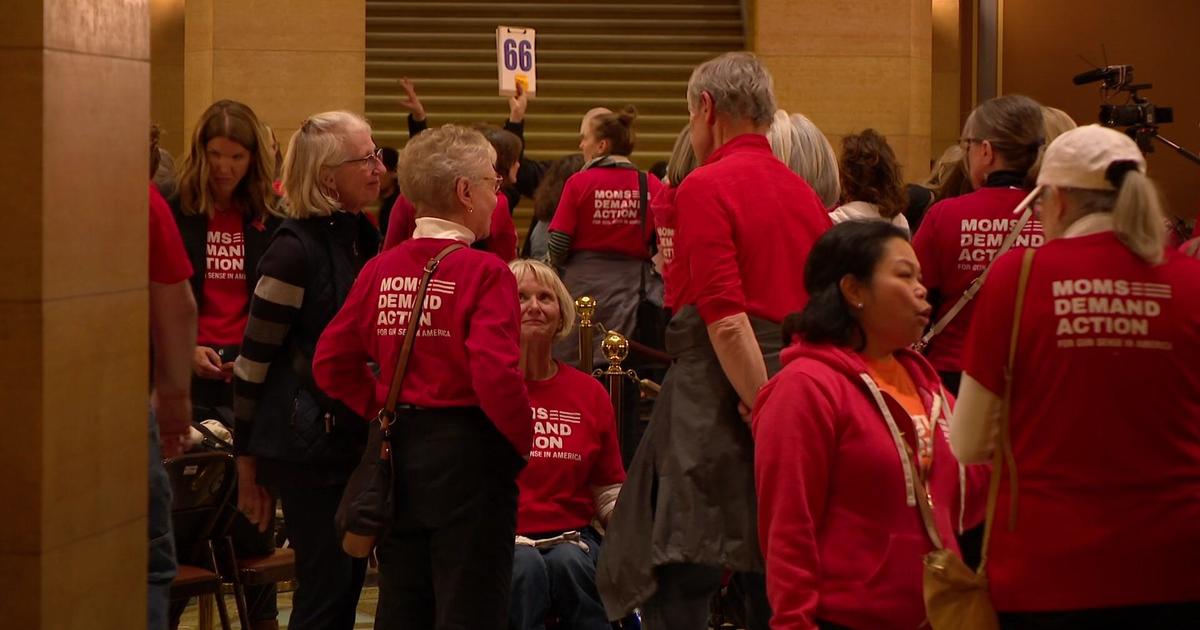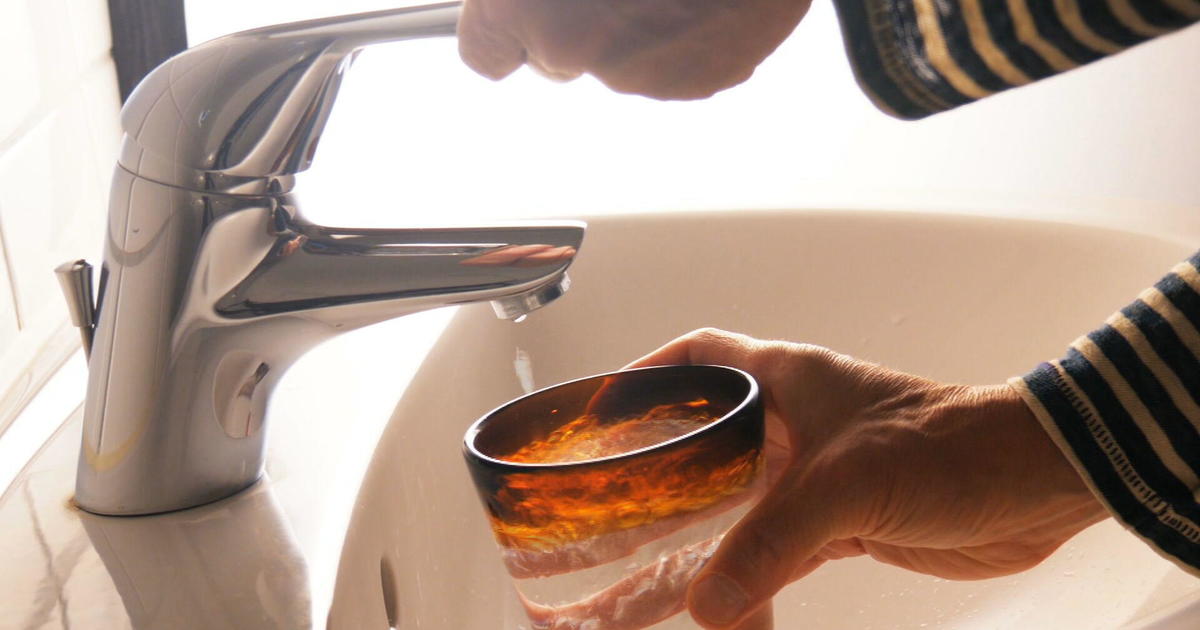Minn. Lawmakers Near Finish With Tax Hike Votes
ST. PAUL, Minn. (AP) -- A few final debates echoed through the state Capitol Monday, as lawmakers haggled over tax increases and union organizing in a session that's already seen a big spike in spending on schools and a landmark law legalizing gay marriage.
A session that started in January ended in a rush toward the finish line: a midnight deadline to adjourn for the year. It was the finale of four months of Democratic control of the Legislature, and members seized the chance to set a $38.3 billion budget that increases spending on schools, colleges and other programs and helps pay for it with $2.1 billion in tax increases primarily on the wealthy and smokers.
Republicans forecast a rough ride ahead, with businesses and the well-off looking beyond Minnesota to avoid new taxes.
"This tax bill will make us a high-tax island. Members, that's a fact," said Sen. Julianne Ortman, R-Chanhassen.
Sen. Rod Skoe, a Clearbrook Democrat who helped craft the plan, disputed the gloomy assessment.
"Taxes are important, but it's not the most important thing," he said.
In the House, Rep. Ann Lenczewski, DFL-Bloomington, Lenczewski, who helped write the bill, framed it as a responsible approach to erasing a $627 million deficit and fashioning a two-year budget that includes the targeted spending increases.
The House passed the bill in the wee hours Monday morning, and the Senate was expected to follow suit Monday night.
It's the first state-level tax increase approved by lawmakers since the gas tax went up five years ago. Some 54,400 taxpayers would pay a higher income tax, averaging $7,200 more per year, according to legislative researchers. The new 9.85 percent upper income tax level is 2 points higher than the current top tier. The tax on a pack of cigarettes goes up $1.60. Corporations lose some tax preferences. And some businesses see more transactions subjected to the sales tax.
The bill contains $570 million in new credits and local government exemptions that backers frame as property tax relief. Some money flows into aid programs that give breaks directly to homeowners.
Upon Senate passage, the bill heads to the desk of Democratic Gov. Mark Dayton, who is on board.
The House also voted to send Dayton a bill to allow union organizing drives among two groups of workers: in-home daycare providers and personal care attendants to the elderly and disabled. The legislation injected the contentious divide between Republicans and Democratic-allied labor unions into the session's final days. The 10-hour debate was strung out over more than two days, as Republicans blasted what they called a union power grab and Democrats defended it as giving workers an option to unite over common issues.
"We are not forming a union here today," said Rep. Carly Melin, DFL-Hibbing. "We are authorizing people the right to vote about whether they want to enter a collective bargaining unit."
The House passed the bill by one vote, 68-66, with five Democrats defecting. Its passage prompted an eruption of cheers in the House gallery, which provoked angry shouts from several Republican lawmakers.
"This looks like union payback. What a blight on the process," said Rep. Kathy Lohmer, R-Lake Elmo. "This isn't what people want."
Another labor-backed bill to raise the state's minimum wage was alive in the session's final hours, but barely. A House-Senate conference committee convened briefly on the bill, which now stands at $6.15 per hour, but took no action.
The wage hike was a top Democratic priority at the start of session, but stalled after House and Senate members couldn't agree how big it should be. The House approved a bill raising the minimum in three stages until it reaches $9.50 by 2015. The Senate's bill topped out at $7.75. If they agree on a number, legislative negotiators also must decide if the wage will rise by an inflationary amount in future years.
Smaller policy bills flew through under the wire, including an election bill that authorizes no-excuse absentee voting and a campaign finance bill to increase the size of contributions that Minnesota candidates can accept from individuals.
High-level negotiations resulted in a small construction borrowing package built around a $109 million installment for the state Capitol renovation, money needed to keep work going on the 107-year-old seat of government.
"This building has no lobbyist to shill for it," said Rep. Dean Urdahl, R-Grove City, before a 121-10 House vote. "It has us and we must not let it down."
Aside from the Capitol project is an $18.9 million award for a new Minneapolis Veterans Home building that will get a big federal match. There is also $20 million for flood mitigation projects. It sailed through on lopsided votes.
A 43-26 vote early Monday sent a proposed constitutional amendment to the 2016 ballot that asks voters if an independent council should set legislator pay; that decision now rests with lawmakers, who haven't touched salaries since 1999 for fear of a political backlash.
Once lawmakers adjourn, they won't return for their election-year session until late February.
(© Copyright 2013 The Associated Press. All Rights Reserved. This material may not be published, broadcast, rewritten or redistributed.)



